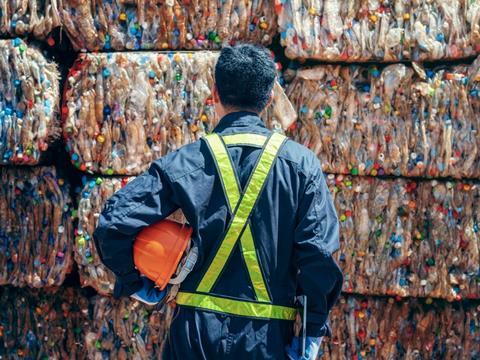
FEFCO has expressed its concerns that the reuse targets laid out in the proposed revisions to the Packaging and Packaging Waste Directive could undermine existing sustainability efforts by increasing dependence on fossil-based resources and diverting attention away from renewable materials.
The organisation clarifies that it backs the European Commission’s ambition to “reduce the negative environmental impacts of packaging and packaging waste while improving the functioning of the internal market”; it also underlines the importance of enforcing new legislation in line with the Circular Economy Action Plan and its goal of ensuring the economically viable reusability or recyclability of all packaging on the EU market by 2030.
On the other hand, it also asserts that, in some circumstances, recyclable packaging is a more viable solution than reusable solutions. It also warns that arbitrary reuse targets could “pave the way to a plastic economy” – increasing the industry’s dependence on fossil resources and driving the production of non-recyclable plastic waste.
To ensure that the targets of the EU Green Deal are met, FEFCO believes that reuse solutions should complement recycling measures and vice versa; and that the legislation enforced in the Directive should support existing recycling systems rather than hinder their progress.
It continues that reuse targets should be realistic and have a positive impact on the environment, the economy, and society at large. Reusable packaging that is intended to be recycled should not contain heavy metals or any other hazardous substances that could impact its circularity at end of life, and both recyclable packaging and packaging produced from renewable sources that is already recycled at scale should be encouraged, FEFCO says.
Director general Eleni Despotou concludes that “reuse targets should only be established where they are technically feasible, economically viable and are proven environmentally beneficial.”
The statement falls in line with previous criticism of the proposed revisions made by industry players from across the European packaging value chain, which argued that the emphasis placed on reuse and refill targets was not justified by an environmental impact assessment or any relevant proof.
ACE also called for changes in the revisions to suit the needs of the beverage carton industry, such as the exemption of microbiologically sensitive products from reuse targets.
Nevertheless, a position paper by WWF has laid out a framework for the industrial implementation of reuse systems for plastic packaging in a move that the organisation expects to reduce carbon emissions, as well as creating new financial opportunities for smaller businesses.













No comments yet